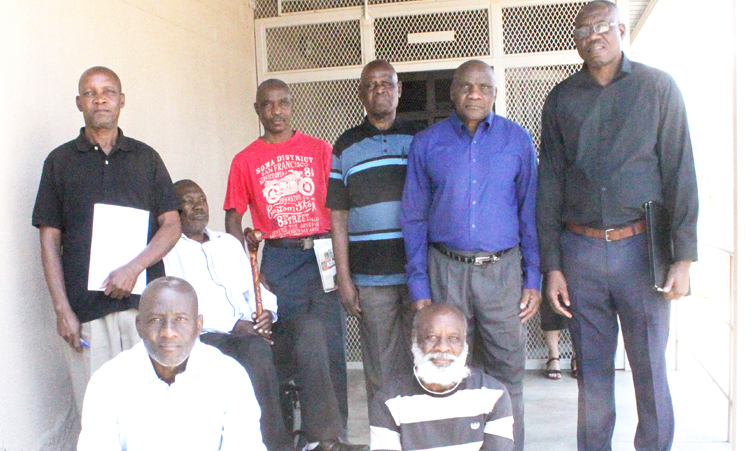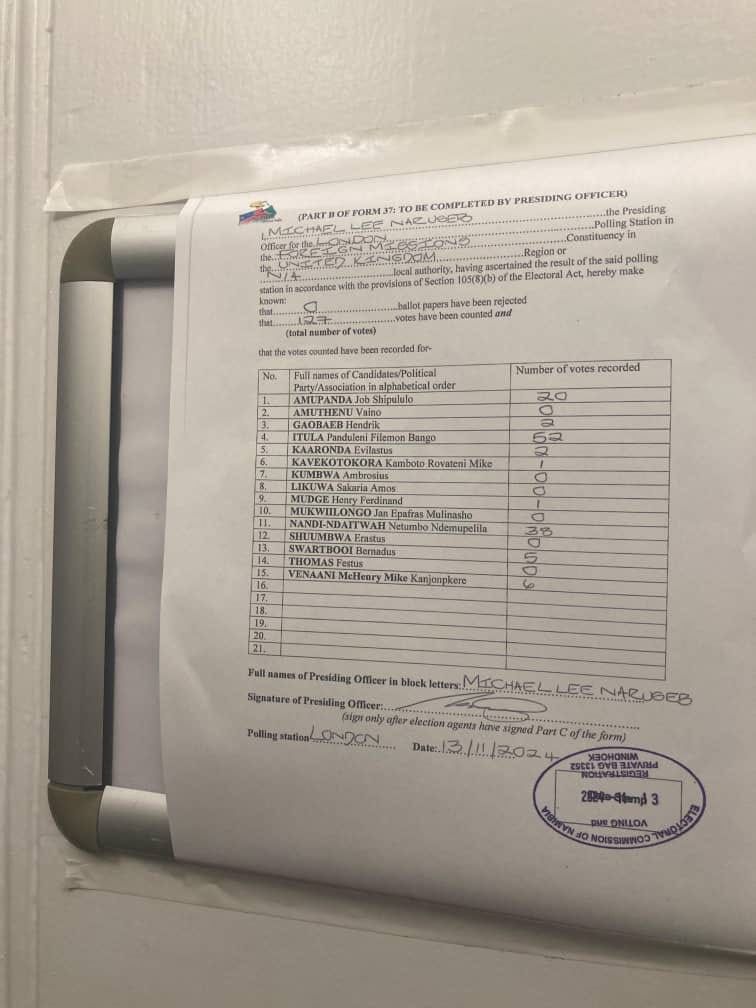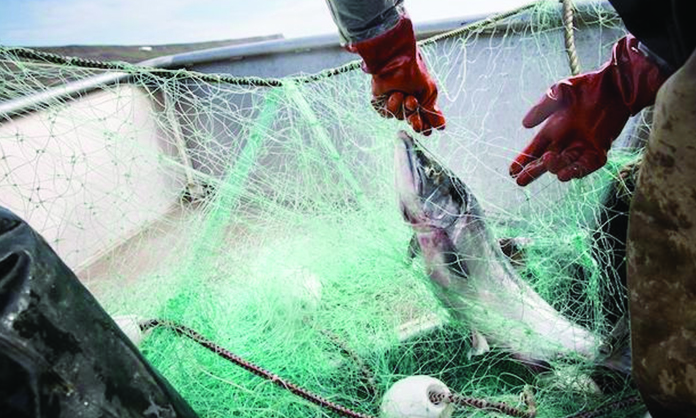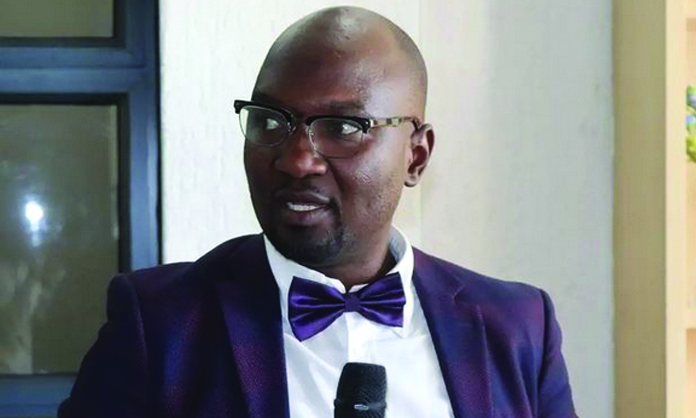The trial of eight men accused of committing high treason and other crimes by attempting to secede the Zambezi region from Namibia 20 years and longer ago is now approaching its end, with a judgement expected to be delivered in the Windhoek High Court in April next year.
The hearing of closing arguments in the trial of the eight accused was concluded before acting judge Petrus Unengu in the High Court at Windhoek Correctional Facility yesterday.
The hearing ended with Unengu postponing the delivery of his judgement to the week of 8 to 12 April.
Unengu added, though, that he had a complicated matter before him and might have to postpone his judgement if it is not ready by April.
The eight accused are standing trial for a second time on allegations that from September 1998 to December 2003 they had been involved in a plot to overthrow the Namibian government in the then Caprivi region and to secede the region from Namibia.
They are denying guilt on all charges.
The accused on trial before Unengu are Progress Munuma (62), Shine Samulandela (57), Manuel Makendano (72), Alex Mushakwa (61), Diamond Salufu (73), Frederick Ntambilwa (61), Hoster Ntombo (60) and John Tembwe (56).
The eight men, together with four co-accused, went through a first trial in the High Court between 2005 and 2007.
That trial ended with 10 of them being convicted of high treason and sentenced to prison terms of either 30 or 32 years each in August 2007.
The Supreme Court set aside their convictions and sent their case back to the High Court for a retrial in July 2013, after finding that the judge who presided over the first trial should have recused himself from the matter when he was asked to do so following his dismissal of a jurisdiction challenge raised by the accused.
In the trial before Unengu, the accused again raised the same jurisdiction challenge – again without success.
They then raised a special plea, based on claims that the Zambezi region – previously the Caprivi region – is not legally part of the territory of Namibia.
That plea was rejected by Unengu in April 2018, and the hearing of evidence on the merits of the charges against the eight accused started after that.
The charges include counts of high treason, sedition, public violence and the supply or possession of weapons and ammunition.
In his closing arguments, deputy prosecutor general Lourens Campher, representing the state, noted that 44 prosecution witnesses testified during the main part of the trial.
Campher argued that all eight accused should be convicted, but conceded that if they are found guilty of high treason the counts of sedition and public violence could be a duplication of the charge of treason.
Campher noted that all eight accused told the court they are Caprivians and not Namibians and that the Zambezi region, which they referred to as the Eastern Caprivi Zipfel (strip), is not part of Namibia and should be an independent country.
He argued that testimony in itself was sufficient to prove their guilt on the count of sedition, and possibly also treason.
There could be no doubt of their guilt of high treason and on the other charges, he argued.
Defence lawyer Ilse Agenbach – representing Munuma, Samulandela, Makendano, Mushakwa, Salufu and Ntombo – argued that her clients were not citizens of Namibia when the alleged offences were committed and thereafter, but were “legitimate members of the native nation of the Eastern Caprivi”, separate from Namibia.
Since they are not Namibian nationals, they do not owe allegiance to the Republic of Namibia and cannot be convicted of treason committed against the state of Namibia, she argued.
International law does not prohibit secession, and the right to self-determination is a legal right under international law, Agenbach also argued.
Defence lawyer Jorge Neves, who is representing Ntambilwa and Tembwe, described the state’s evidence as “inconclusive and of a poor quality”.
He argued that where the state’s evidence was not contradicted, it was shown that it was obtained under duress and through threats which police officers made against state witnesses.
Neves – like Agenbach – asked the judge to acquit the accused on all charges.
Munuma, Samulandela, Makendano, Mushakwa and Salufu have been held in custody since December 2003, when they were arrested.
Ntambilwa was arrested in July 2002, and Tembwe and Ntombo were arrested in September 2002.
They, too, have been held in custody since their arrests.
Stay informed with The Namibian – your source for credible journalism. Get in-depth reporting and opinions for
only N$85 a month. Invest in journalism, invest in democracy –
Subscribe Now!






